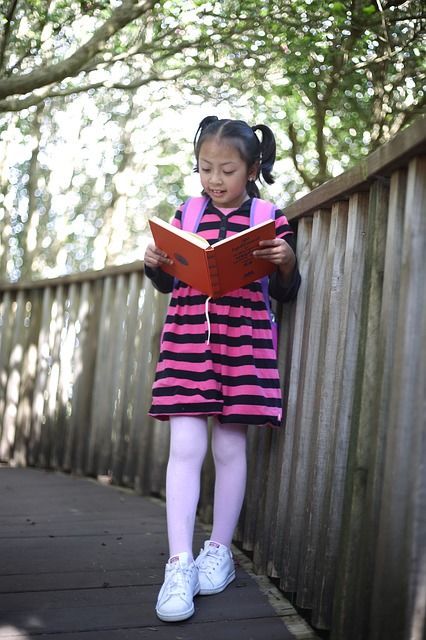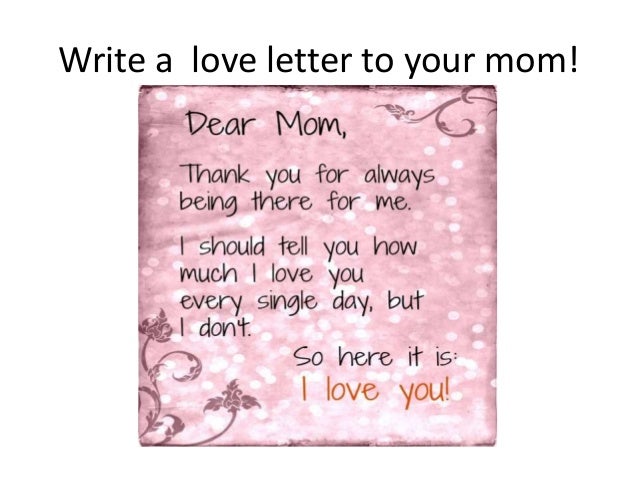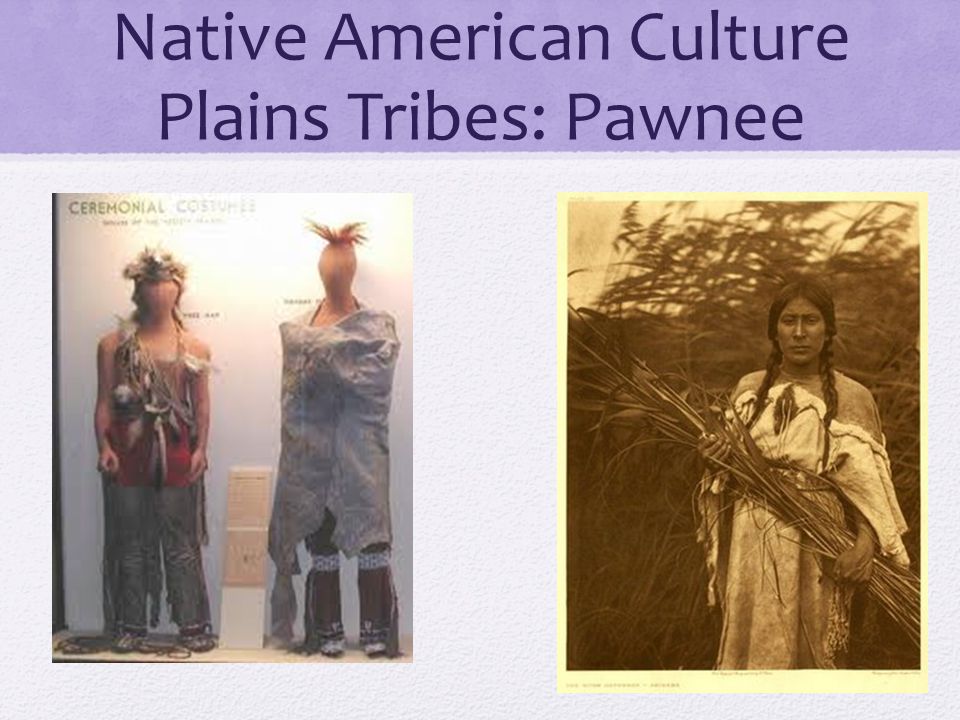High iq kids
Extreme Intelligence in Toddlers and Preschoolers FAQ
Below, you’ll find common questions about early signs of extreme intelligence in young children. We’ve provided links that will send you to various parts of this page. You can always get back by clicking on the “Back to Questions” button at the bottom of each answer.
- What are early signs of extreme intelligence?
- Do profoundly gifted young children have specific developmental needs?
- How early can a toddler be tested for extreme giftedness?
- What are some reasons for testing your toddler for giftedness?
- What are some of the challenges in raising a profoundly gifted toddler?
- What are some of the challenges in meeting a profoundly gifted toddler’s educational needs?
- Do highly and profoundly gifted preschoolers play differently from other children?
- What should I do about preschooling my gifted toddler?
- Additional Resources – Books, Articles, etc.
Question: What are early signs of extreme intelligence?
Answer: Infants, toddlers, and preschoolers in the very highest ranges of intelligence often demonstrate very specific characteristics.
A recent developmental study of 241 profoundly gifted children between 160 and 237+ IQ (Stanford-Binet Form LM) discovered that:
- 94% were very alert as infants.
- 94% had a long attention span as an infant or toddler.
- 91% showed early language development.
- 60% showed early motor skill development.
- 48.9% were ambidextrous at some period of their development.
- 37% had imaginary playmates.
- The mean age at which these children spoke their first word was 9 months.
- The mean age at which the children sight-read an easy reader was before 4. (Rogers & Silverman, 1997)
These findings are consistent with those of Gross (1993) and Hollingworth (1942), whose studies of profoundly gifted children indicated that early and prolific use of language, unusual alertness in infancy, early manipulation of symbol systems, early abstract reasoning ability, and early reading – often before the age of four – were typical of the children they studied.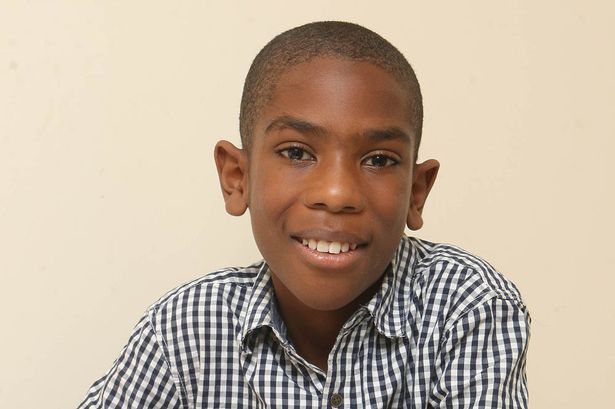 These observations are also consistent with other case studies of profoundly gifted children, widely scattered by history, culture, and language. (See bibliography for further information.)
These observations are also consistent with other case studies of profoundly gifted children, widely scattered by history, culture, and language. (See bibliography for further information.)
These children usually demonstrate other early signs of intellectual giftedness, as well. Rogers & Silverman (1988) provide a comprehensive discussion of these characteristics for parents, caregivers, and preschool teachers.
A helpful checklist of behaviors of young gifted children is available here, (scroll down to “Some Behaviors of Young Gifted Children”)
A chart displaying typical normal developmental milestones in childhood, and the timetable for a child who is 30% advanced, may be found here.
However, it is very important to note that it is also possible for a child to be extremely gifted, and not necessarily demonstrate these characteristics. For example, Albert Einstein did not talk until he was four. Although early reading is common among profoundly gifted children, some children with extraordinary intellectual gifts nevertheless do not read until they begin school.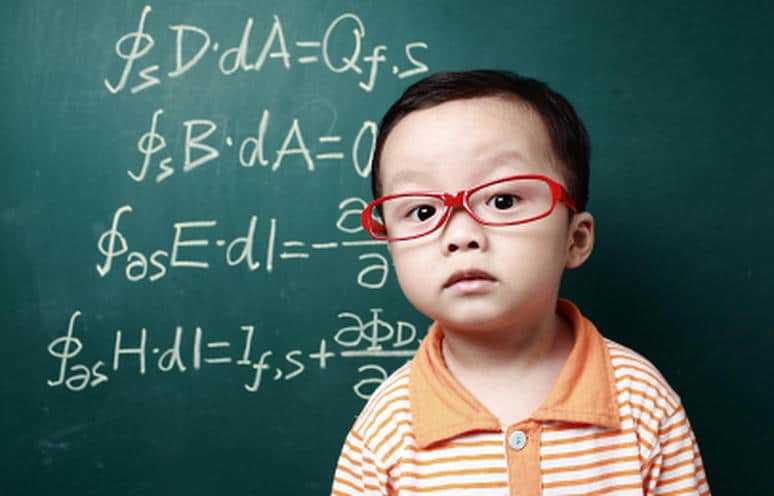 Profoundly gifted children sometimes also have a disability that prevents them from demonstrating some of these characteristics; the existence of both disabilities and giftedness in the same person are not mutually exclusive
Profoundly gifted children sometimes also have a disability that prevents them from demonstrating some of these characteristics; the existence of both disabilities and giftedness in the same person are not mutually exclusive
For more information, see:
Annotated Bibliography and Resource Guide found at the end of this section.
Farmer, D. “Some Ideas on Parenting Gifted Preschoolers” Article contains an excellent chart estimating the normal developmental timetable for developmental milestones in toddler and preschool development, and the timetable for a child who is 30% advanced.
Gross, M. U. M. (1993). Exceptionally gifted children. London and New York: Routledge.
Hollingworth. L. S. (1942). Children above 180 IQ, Stanford-Binet: Origin and development. Yonkers-on-Hudson: World Book.
Rogers, M.T., & Silverman, L. K. (1988, November). Recognizing giftedness in young children. Understanding Our Gifted.
Back to Questions
Question: Do profoundly gifted young children have specific developmental needs?
Answer: Yes.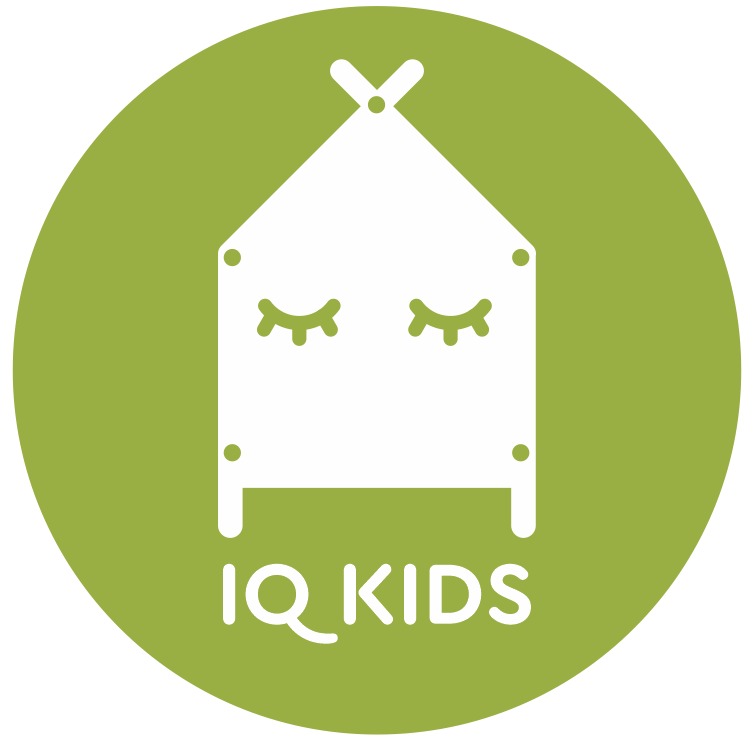
One of the most common issues these children face are the consequences of their asynchronous development. Parents often describe these children as “many ages at once.” The young preschool child may be able to discuss Einstein’s theory of relativity with you one minute, but refuse to eat his green beans or need help tying his shoes the next! This is because the child’s intellectual development is proceeding at a much more rapid rate than physical or social or emotional development. Although this is perfectly normal for an extremely gifted child, it does present certain problems and challenges, especially in an age-segregated society. Profoundly gifted children may literally be able to comprehend intellectually what they are not ready to deal with emotionally. They may be able to construct a complex story with plot and characterization that is more typical of a middle school student while they are only the tender age of four, but they still usually have the motor skills of a four- year-old and cannot write their story down.![]() They may have perfectly age-appropriate reactions to events, but because of their large vocabularies and ability to think abstractly in some ways, they find that adults expect them to act older than they really are in all settings. Hollingworth (1942) stated that the ages between four and nine were the most difficult, after babyhood, for this sort of problem.
They may have perfectly age-appropriate reactions to events, but because of their large vocabularies and ability to think abstractly in some ways, they find that adults expect them to act older than they really are in all settings. Hollingworth (1942) stated that the ages between four and nine were the most difficult, after babyhood, for this sort of problem.
For more information, see:
Gross, M. U. M. (1999). Small poppies: Highly gifted children in the early years. Roeper Review, 21 (3), 207-214.
Kearney, K. (1992). Life in the asynchronous family. Understanding Our Gifted, 4(6), 1, 8-12.
Morelock, M. J. (2000). A sociolinguistic perspective of exceptionally high IQ in children. In R. C. Friedman & B. Shore (Eds.), Talents Unfolding: Cognition and development. Washington, D.C.: American Psychological Association.
Morelock, M. J. (1992). Giftedness: The view from within. Understanding Our Gifted, 4(3), 1, 11-15.
Silverman, L. K. “Different worlds at the extremes”
Back to Questions
Question: How early can a child be tested for giftedness?
Answer: Technically, the Stanford Binet Intelligence Scale (both the Fourth Edition and Form L-M) can be used with children as young as 2 years, 0 months; the Wechsler Preschool and Primary Scale of Intelligence – Revised (WPPSI-R) is designed for use with children as young as age three.
However, testing very young children under age four is not usually recommended unless there is a compelling reason. Two- and three-year-olds (even the brightest ones) are a challenge to test.
Children this age get hungry, tired, have wet diapers, and often do not react positively to strangers. They may prefer to play with the examiner’s test materials in their own way, rather than do what the examiner asks. They sometimes simply refuse to respond to the examiner at all. They may need a parent present during the test session. In the case of gifted young children, to reach a ceiling on the test, the examiner must ask a number of questions designed for older children, lengthening the usual testing time.
A gifted toddler may tire before the test is completed, and not give his or her best effort to all the questions. An examiner skilled at testing preschoolers can ameliorate some of these difficulties, of course. However, unless there is a very good reason to test a preschool gifted child, it is better to wait until just before kindergarten entrance, when the test results are usually more reliable and the child is old enough to cooperate fully in the testing situation.
For more information, see:
Morelock, M. J., & Feldman, D. H. (1992). The assessment of giftedness in preschool children. In E. B. Nuttall, I. Romero, & J. Kalesnik (Eds.), Assessing and screening preschoolers: Psychological and educational dimensions (pp. 301-309). Boston: Allyn & Bacon.
Osborn, J. (1998) Assessing gifted children. (This is a slightly expanded version of an article that first appeared in Understanding Our Gifted, Winter, 1998, p. 9 -12).
Back to Questions
Question: What are some reasons for testing your toddler for giftedness?
Answer: Availability of a specialized preschool, suspicion of giftedness, and research can all be compelling reasons for testing toddlers for giftedness.
Availability of a special preschool program for gifted children.
A handful of private preschools for gifted children exist in this country. Additionally, the state of Louisiana is the only state in the nation that mandates that an IEP and special educational services be provided to highly and profoundly gifted preschool children ages three and four. These children must have IQs three or more standard deviations above the norm (145 IQ on the WPPSI-R; 148 IQ on the Stanford-Binet). If you live in an area with a special preschool for gifted children, or, if you live in the state of Louisiana, and you think that you may have an extremely gifted child, you might want to consider having your child tested.
These children must have IQs three or more standard deviations above the norm (145 IQ on the WPPSI-R; 148 IQ on the Stanford-Binet). If you live in an area with a special preschool for gifted children, or, if you live in the state of Louisiana, and you think that you may have an extremely gifted child, you might want to consider having your child tested.
Be sure to check first with the private preschool program or, in Louisiana, with state and local school officials. Many programs require that only certain approved examiners conduct the assessment, or that your child be tested within a certain timeframe or using a specific test.
You suspect that your child may have a disability in addition to being gifted.
Both research and best practices support the importance of early intervention with children who have disabilities. If the child is also gifted, disabilities can be masked by the giftedness, and vice versa. Young, very bright children often develop a wide variety of coping mechanisms to ameliorate the effects of a disability. If you suspect that your child has a physical, learning, behavioral, or other disability and is also very bright, a full evaluation is in order. In this case, you do not have to pay for the evaluation yourself; federal law requires states to provide assessment and early intervention services for children with disabilities from birth to age five. Keep in mind, however, that the purpose of the evaluation will be to identify a possible disability; the tests used may or may not be tests that can also indicate possible extreme giftedness. It is likely, however, that a preschool evaluation for a disability will include some kind of cognitive testing, and the Stanford-Binet Fourth Edition and the WPPSI-R are the two most commonly used IQ tests for young children.
If you suspect that your child has a physical, learning, behavioral, or other disability and is also very bright, a full evaluation is in order. In this case, you do not have to pay for the evaluation yourself; federal law requires states to provide assessment and early intervention services for children with disabilities from birth to age five. Keep in mind, however, that the purpose of the evaluation will be to identify a possible disability; the tests used may or may not be tests that can also indicate possible extreme giftedness. It is likely, however, that a preschool evaluation for a disability will include some kind of cognitive testing, and the Stanford-Binet Fourth Edition and the WPPSI-R are the two most commonly used IQ tests for young children.
Your child is demonstrating intense cognitive, social, or emotional needs related to his or her intelligence which warrant evaluation.
Some young, extremely gifted children have difficulty forming friendships, because their play is much more complex than that of most children. Other young gifted children may have marked emotional or sensory sensitivities, or a “rage to learn” which cannot be adequately met in the home or preschool environment. If this is the case, an earlier-than-usual evaluation may be warranted, in order to provide both the parents and the preschool with guidance.
Other young gifted children may have marked emotional or sensory sensitivities, or a “rage to learn” which cannot be adequately met in the home or preschool environment. If this is the case, an earlier-than-usual evaluation may be warranted, in order to provide both the parents and the preschool with guidance.
You want to have your child participate in a research project.
Research on very young, profoundly gifted children is quite limited. In addition, the inclusion of young gifted children in research studies investigating other areas of child development is also limited. The same holds true for the inclusion of extremely gifted children in the norming of most tests and other developmental measures. At some point, you may have the opportunity to participate in a research study, the norming of a test, or a pilot study regarding the use of a particular test instrument, and you may have a desire to help the scientific community to better understand extreme giftedness. Most of these studies will involve the administration of one or more tests or measures.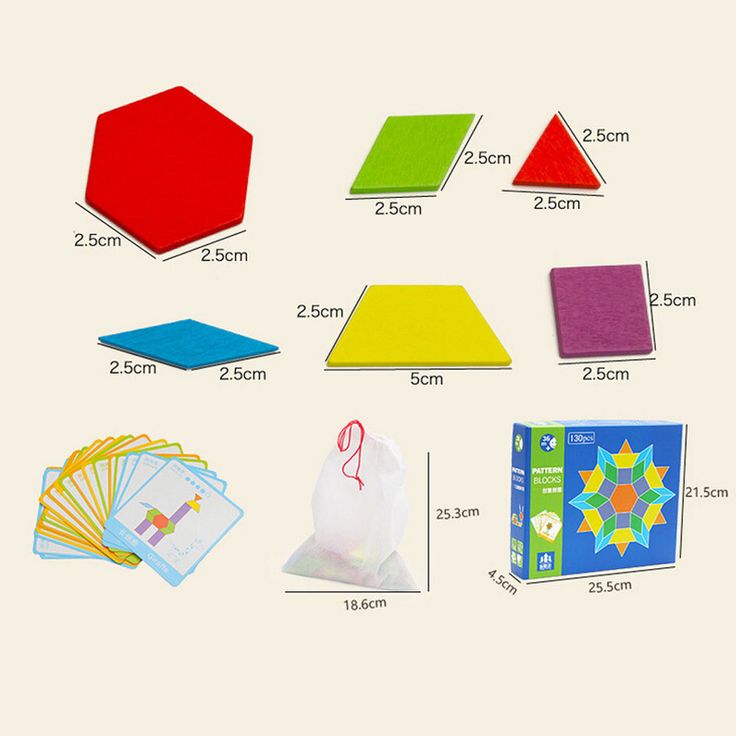 If you want to participate, and feel that participation would not be detrimental or difficult for your child, this certainly could constitute another good reason for allowing early testing. Make sure before agreeing to participate that you understand completely what the research involves, what measures will be administered, who is sponsoring or overseeing the research, and what the results will be used for. The researchers should maintain your child’s and family’s confidentiality, and should require you to sign an informed consent agreement.
If you want to participate, and feel that participation would not be detrimental or difficult for your child, this certainly could constitute another good reason for allowing early testing. Make sure before agreeing to participate that you understand completely what the research involves, what measures will be administered, who is sponsoring or overseeing the research, and what the results will be used for. The researchers should maintain your child’s and family’s confidentiality, and should require you to sign an informed consent agreement.
Back to Questions
Question:
What are some of the challenges in raising a profoundly gifted toddler?Answer: Generally, gifted toddlers, preschoolers, and children need more intellectual stimulation than other children do.
Raising any young child is a combination of joys and challenges. Raising a profoundly gifted child is no different. However, the types of challenges may be. Generally, these children require more intellectual stimulation, even as infants, than other children do, but most families are able to respond adequately to this need in babyhood and the toddler years. It is when the child first begins to interface with the outside world — and when parents first must deal with age restrictions concerning access to educational opportunities — that the challenges become more apparent. Most families feel that the beginning of school (whether preschool or kindergarten) is the time when their child’s difference from other children becomes more apparent and more problematic. At the same time, most educational environments are designed for normally developing children who progress at the normal rate through age-appropriate skills and curriculum. Such an educational program is often a true mismatch for a profoundly gifted child. This may be a family’s first indication that their child is developing at a vastly different rate, intellectually, from others. Entrance into an early education program is often the first time the child feels “different” from others, as well. It is not uncommon for young, extremely gifted children to begin to verbalize this difference.
It is when the child first begins to interface with the outside world — and when parents first must deal with age restrictions concerning access to educational opportunities — that the challenges become more apparent. Most families feel that the beginning of school (whether preschool or kindergarten) is the time when their child’s difference from other children becomes more apparent and more problematic. At the same time, most educational environments are designed for normally developing children who progress at the normal rate through age-appropriate skills and curriculum. Such an educational program is often a true mismatch for a profoundly gifted child. This may be a family’s first indication that their child is developing at a vastly different rate, intellectually, from others. Entrance into an early education program is often the first time the child feels “different” from others, as well. It is not uncommon for young, extremely gifted children to begin to verbalize this difference.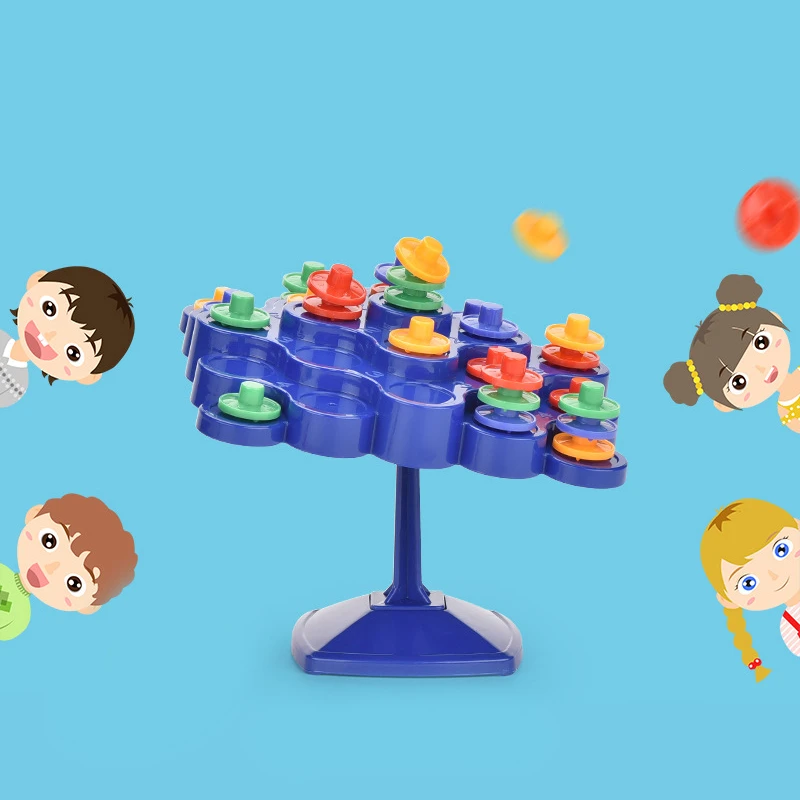 It is also not uncommon for these children (especially girls) to begin to hide skills and abilities they have developed which other children do not yet have. Finding an appropriate educational environment, while simultaneously balancing the other areas of a profoundly gifted child’s development, is one of the greatest challenges these families face.
It is also not uncommon for these children (especially girls) to begin to hide skills and abilities they have developed which other children do not yet have. Finding an appropriate educational environment, while simultaneously balancing the other areas of a profoundly gifted child’s development, is one of the greatest challenges these families face.
Many families also discover that the presence of such a child changes some of the dynamics of the family system as well, including family expectations, relationships with relatives, and the marital relationship itself. Like families with other exceptional children, families who have a profoundly gifted child may grieve for some of the things they are missing – being able to freely share and compare a child’s accomplishments with other moms or dads at the playground; being able to provide their child with a “normal” school experience free from the distractions of seemingly endless meetings on how to adapt curriculum; having a wide variety of children with whom the child shares interests, skills, play, and social events.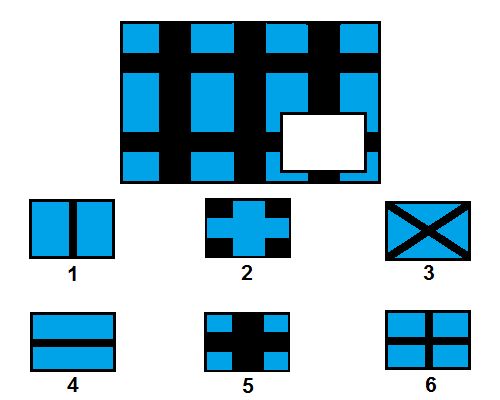 But families should remember that profoundly gifted children also usually bring a great deal of joy and creativity into the family circle.
But families should remember that profoundly gifted children also usually bring a great deal of joy and creativity into the family circle.
For more information, see:
Parenting Gifted Children: Challenges & Tips
Kearney, K. (1992). Life in the asynchronous family. Understanding Our Gifted, 4(6), 1, 8-12.
Robinson, N. M. (1993). Parenting the very young, gifted child (RBDM 9308). Storrs, CT: The National Research Center on the Gifted and Talented, University of Connecticut.
Back to Questions
Question: What are some of the challenges in meeting a profoundly gifted toddler’s educational needs?
Answer: Parents and educators need to be prepared to advance a gifted preschooler’s education through acceleration, or other areas.
Profoundly gifted toddlers often develop the skills of reading, writing, and numerical processes years before their peers. It is not uncommon for a profoundly gifted toddler who has already learned to read to be reading and comprehending such books as Little House on the Prairie or The Lion, the Witch, and the Wardrobe.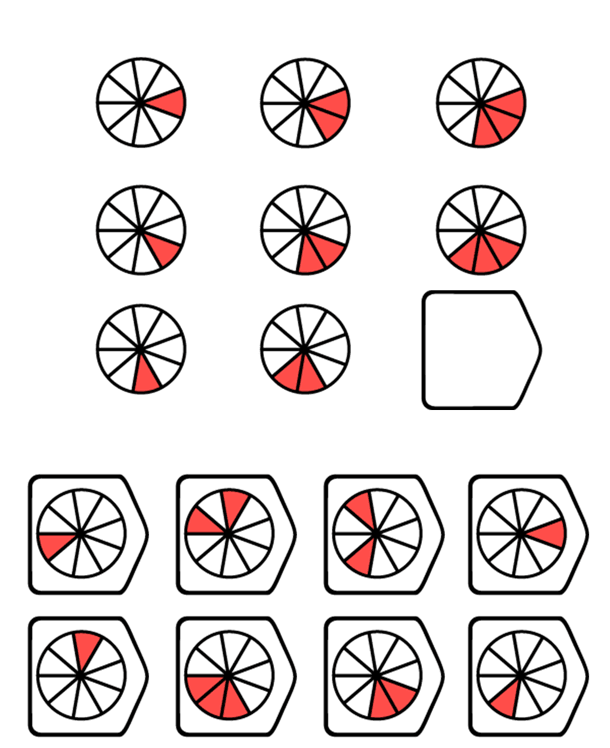 Obviously, a preschooler who has mastered the basics of reading and mathematics will have little to do in a kindergarten or first grade classroom where these basic skills are emphasized. Families and schools, therefore, need to be prepared to both enrich and/or accelerate the curriculum, depending on the preschoolers interests and development in other areas.
Obviously, a preschooler who has mastered the basics of reading and mathematics will have little to do in a kindergarten or first grade classroom where these basic skills are emphasized. Families and schools, therefore, need to be prepared to both enrich and/or accelerate the curriculum, depending on the preschoolers interests and development in other areas.
Other Options to Meet a Gifted Toddlers Educational Needs
- Early entrance to kindergarten or first grade
- Acceleration in one or more subject areas
- A mentor in an interest area
- Home enrichment or homeschooling; an individualized, self-paced educational program in one or more subjects
- Deep exploration of topics of individual interest
- Early admission to the gifted program (in most school systems, gifted programs don’t start until third grade)
- Cluster grouping with other gifted and highly gifted children in a regular classroom
Placement in a full-time, self-contained preschool or kindergarten for highly gifted children
Parents of profoundly gifted toddlers and preschoolers should realize that as the child’s development progresses, their educational needs will change, too.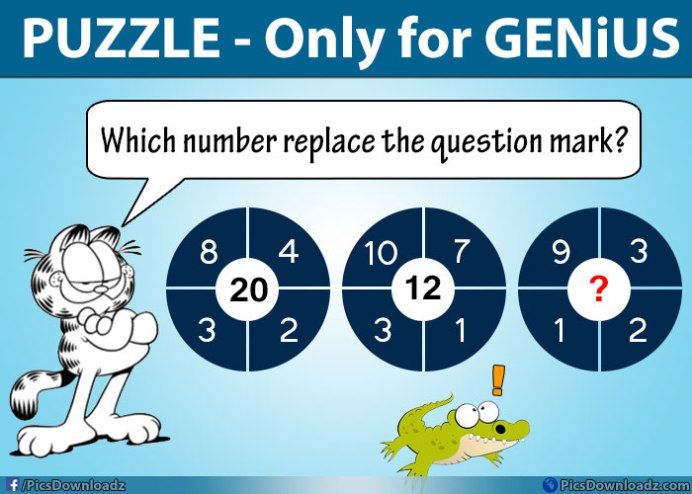 It is advisable to be flexible, to be willing to make a major educational intervention if necessary, and to prepare to make mid-course corrections in an educational program if it appears that the child’s ongoing development warrants an educational change.
It is advisable to be flexible, to be willing to make a major educational intervention if necessary, and to prepare to make mid-course corrections in an educational program if it appears that the child’s ongoing development warrants an educational change.
For more information, see:
Elkind, D. (1988). Acceleration. Young Children, 43 (4), 2.
Robinson, N. M., & Weiner, L. J. (1991). Selection of candidates for early admission to kindergarten and first grade. In W. T. Southern & E. D. Jones (Eds.), The academic acceleration of gifted children. New York: Teachers College Press.
Tolan, S. S. Stuck in Another Dimension: The Exceptionally Gifted Child in School.
Back to Questions
Question: Do highly and profoundly gifted preschoolers play differently from other children?
Answer: Research indicates that the play of highly and profoundly gifted children is often much more complex than the play of their age-mates.
Profoundly gifted preschoolers are able to play games with complex rules long before most of their age-mates are, and often create extensive dramatic and imaginative play with complex plots and characterization that extends over time (sometimes over weeks or years!). This can have both salutary and deleterious effects.
This can have both salutary and deleterious effects.
Play is one way that toddlers and preschoolers make sense of the world; young, extremely intelligent toddlers and preschoolers use complex play to make sense of the complexity they perceive, intellectually, in the world around them. When a profoundly gifted child attempts to engage in complex play with other children who cannot follow the complexity, however, the result may be that the other children simply walk away. The profoundly gifted child is left with a dilemma – adapt his or her play to the way most children play, or play alone.
The middle ground is to provide the child with several sets of peers – some older, for more complex play, and some same-age peers, for play involving physical skills, which are usually much closer to the child’s actual chronological age. A second alternative is to find a group of other young, highly gifted children for a playgroup.
For more information, see:
Wright, L. (1990). The social and nonsocial behaviors of precocious preschoolers during free play. Roeper Review, 12 (4), 268-274.
Roeper Review, 12 (4), 268-274.
Back to Questions
Question: What should I do about preschooling my gifted toddler?
Answer: Few parents of profoundly gifted preschoolers have available to them a preschool environment designed specifically for highly gifted children. If such a program does exist in your area, it is strongly recommended that you investigate this option for your child.
Few parents of profoundly gifted preschoolers have available to them a preschool environment designed specifically for highly gifted toddler. If such a program does exist in your area, it is strongly recommended that you investigate this option for your child.
If this option is not available to you, then you need to decide what is most important to you regarding preschool education for your child. Some families simply want a high-quality daycare setting, because both parents work. Others feel that a preschool environment is needed to help the child separate from the parents and to learn social skills.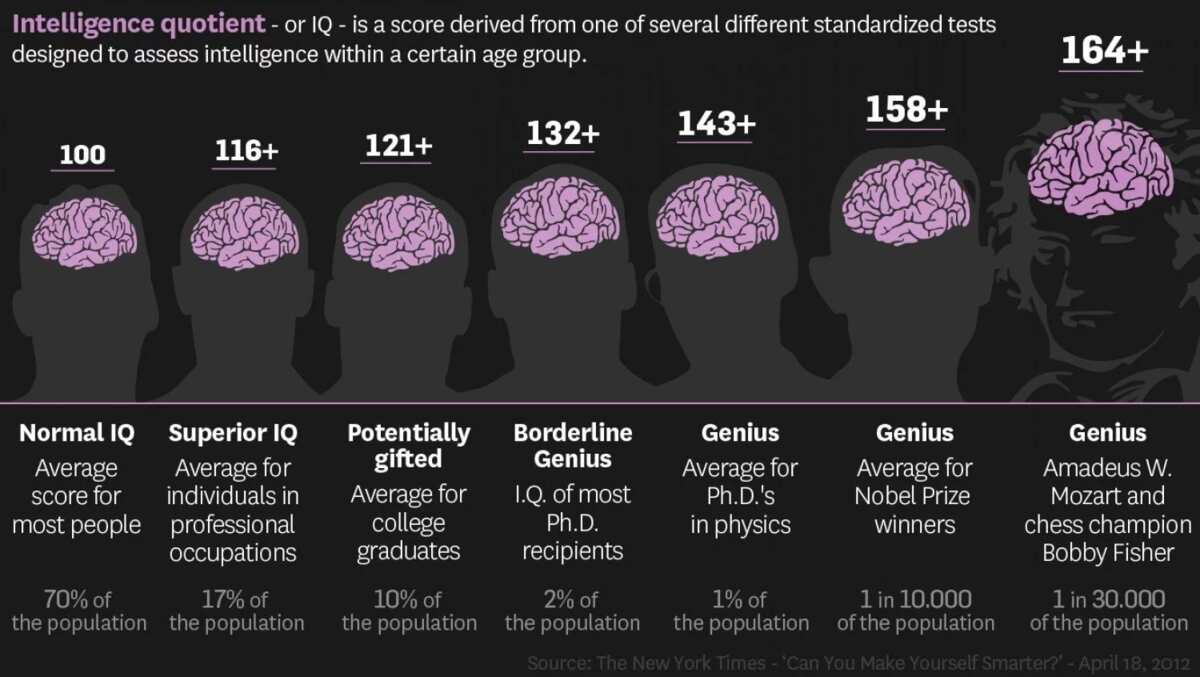 Still other families hope that the preschool environment will provide intellectual stimulation and intellectual discovery for the young gifted child.
Still other families hope that the preschool environment will provide intellectual stimulation and intellectual discovery for the young gifted child.
It is not common, but also not impossible, to find one preschool setting that will meet each of these needs, even if there is no preschool specifically for gifted children in your area. It is likely that if you do have a profoundly gifted preschooler, there will be few or no other children like him or her in the preschool. In this case, it is essential that the preschool provide a nurturing environment that does not, knowingly or unknowingly, hold children back (academically or in any other way).
Some families of extremely gifted preschoolers have found it advantageous to consider preschools that are associated with a university campus, since many resources are available and often many other gifted preschoolers are enrolled (even though they may not have been identified yet). Other families have had positive experiences with Jewish Community Center preschools, since these preschools often emphasize both early Hebrew language instruction and child-centered, but very advanced, intellectual explorations. Both curricular approaches are enormously challenging to a gifted toddler, whether or not they belong to that particular faith community. Still other families have taken advantage of a language-immersion preschool to provide an intensive foreign language experience to a gifted toddler.
Both curricular approaches are enormously challenging to a gifted toddler, whether or not they belong to that particular faith community. Still other families have taken advantage of a language-immersion preschool to provide an intensive foreign language experience to a gifted toddler.
Another possibility is an organized playgroup or a parent co-op preschool, organized with a few other parents of gifted preschoolers. (If you choose this option, be sure to check on local licensing requirements).
For more information, see:
Smutny, J. F., Walker, S. Y., & Meckstroth, E. A. (1997). Teaching Young Gifted Children in the Regular Classroom : Identifying, Nurturing, and Challenging Ages 4-9. Minneapolis, MN: Free Spirit Publishing. (ISBN: 1575420171).
Wright, L. (1993). Preschools for the gifted: What to look for. Understanding Our Gifted, 5(5), 1, 10-13.
Wright, L., & Coulianos, C. (1991). A model program for precocious children: Hollingworth Preschool. Gifted Child Today, 14 (5), 24-25.
Child Development Preschool, University of Washington, Seattle: This 1970s experimental preschool focused on highly, exceptionally, and profoundly gifted children. Although no longer in existence, the reports and materials developed from the project may be useful to those working with preschool highly gifted children today.
Robinson, H. B., & others. (1977). Identification and Nurturance of Extraordinarily Precocious Young Children. Annual Report to the Spencer Foundation (Granting Period: September 1976 through August 1977). ERIC NO: ED151095
Robinson, H. B., & others. (1978). Identification and Nurturance of Extraordinarily Precocious Young Children. Annual Report to the Spencer Foundation (Granting Period: September 1977 through August 1978). ERIC NO: ED162756
Roedell, W. C., & Robinson, H. B. (1977). Programming for Intellectually Advanced Preschool Children; A Program Development Guide. Preliminary Draft. ERIC NO: ED151094
Back to Questions
Resources for Parents of Highly, Exceptionally & Profoundly Gifted Babies, Toddlers, and Preschoolers
- Books
- Articles, Book Chapters, and Monographs
- ListServs and Bulletin Boards Online
- Instructional Guides and Materials
- Preschool Gifted Education Services in Louisiana
- Audio and Video Tapes
Baumgarten, F. (1930). Wunderkinder: Psychologische untersuchungen. Leipzig: Johann Ambrosius Barth.
A classic text on child prodigies. This book describes the early development of several child prodigies. (Available only in German).
Cox, C. M. (1926). The early mental traits of three hundred geniuses. (Vol. 2). Stanford, CA: Stanford University Press.
Volume 2 of Terman’s monumental Genetic Studies of Genius, Cox’s study painstakingly traces through biographical material the early development of 300 eminent individuals. Although her methodology of assigning childhood and adult IQs to individuals who had been long dead has been soundly criticized, the biographical data is carefully collected. She features many individuals in the very highest ranges of intellect. For many of them, she provides detailed information regarding their early childhood development.
Feldman, D. H. (1986). Nature’s gambit: Child prodigies and the development of human potential. New York: Basic Books.
Feldman’s study of six male child prodigies includes extensive descriptions of the children’s development in babyhood and early childhood. This volume includes case study material on an “omnibus prodigy” who scored well above 200 IQ.
Gross, M. U. M. (1993). Exceptionally gifted children. London and New York: Routledge.
Gross studied children above 160 IQ in Australia. This volume features individual case studies of many of these children, with clear descriptions of their development in infancy and the preschool years, as well as their later adaptation to the school environment.
Grost, A. (1970). Genius in residence. Englewood Cliffs, NJ: Prentice-Hall.
This is a mother’s story. Audrey Grost describes, from a mother’s perspective, what it was like to raise a 200-IQ math prodigy from babyhood through his early college entrance at age 10. One memorable description provided by Grost is that of her one-year-old child lining up the canned goods in the kitchen cupboard by size, contents, and brand name. Grost includes a wealth of detail about the early childhood development of her son. The book is written in a style that is entertaining and occasionally hilarious.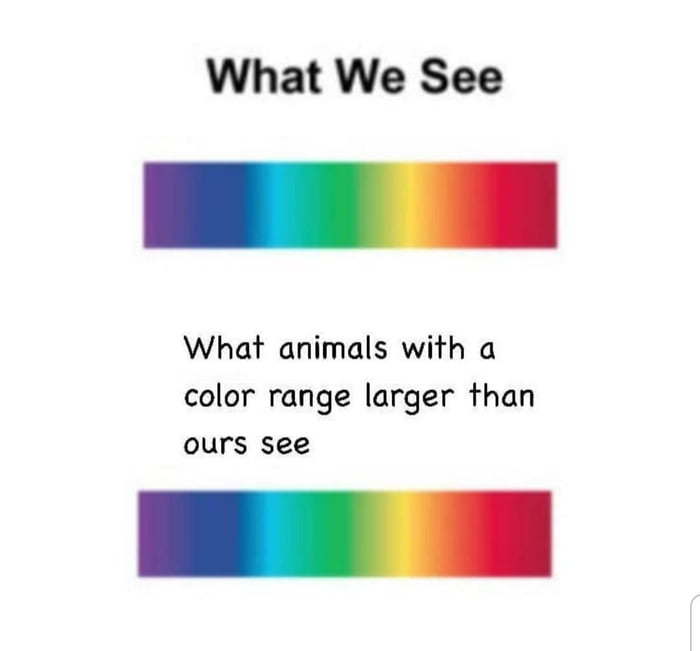
Hollingworth. L. S. (1942). Children above 180 IQ, Stanford-Binet: Origin and development. Yonkers-on-Hudson: World Book.
Hollingworth’s classic text on the development of children above 180 IQ includes case studies of twelve children in this range of intelligence. Each case study includes information about the infancy and preschool development of each child.
Klein, P. S., & Tannenbaum, A. J. (Eds.). (1992). To be young and gifted. Norwood, NJ: Ablex.
This very valuable text on gifted young children includes an entire chapter by Miraca Gross on the early childhood development of three children above 200 IQ.
McCurdy, H. G., with Follett, H. (1966). Barbara: The unconscious autobiography of a child genius. Chapel Hill: University of North Carolina Press.
Barbara Follett was a writing prodigy, and probably a very high IQ child (although apparently she was never formally tested.) McCurdy constructed this psychobiography of Barbara after her mysterious disappearance at age 25. Her mother contacted him with a collection of Barbara’s writing saved from her preschool years until the day she disappeared. This volume contains many examples of the original writing of a brilliant young child; particularly useful for those interested in the development of writing in gifted young children.
Her mother contacted him with a collection of Barbara’s writing saved from her preschool years until the day she disappeared. This volume contains many examples of the original writing of a brilliant young child; particularly useful for those interested in the development of writing in gifted young children.
Radford, J. (1990). Child prodigies and exceptional early achievers. New York: The Free Press.
Primarily using popular press prints, Radford traces the development of child prodigies and “exceptional early achievers” in a number of domains. Included are many anecdotal descriptions of the infancy and early childhood development of these children. The structure of the book is a bit scattered; readers will need to spend time to ferret out the relevant details on early childhood development, or use the references in the book to retrieve the primary source material.
Wallace, A. (1986). The prodigy: A biography of William James Sidis, America’s greatest child prodigy. New York: E.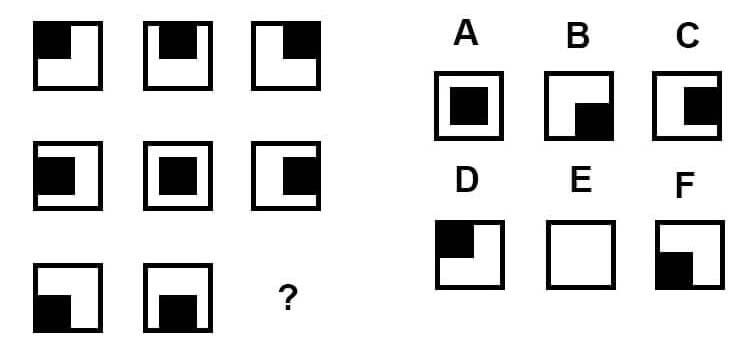 P. Dutton.
P. Dutton.
This comprehensive biography of child prodigy William James Sidis provides an in depth look at his babyhood and early childhood. Wallace used a variety of primary source materials, including family records, press prints, oral histories, diaries, and original examples of Sidis’s preschool work. The reader will find a fascinating description of William’s babyhood, as well as examples of his preschool projects, including his invented language Vendergood.
Weiner, N. (1953). Ex-prodigy: My childhood and youth. Cambridge, MA: MIT Press.
Norbert Weiner, who became the father of the field of cybernetics, wrote his own autobiography. The volume is replete with Weiner’s recollections of his early childhood years, including several passages where he comments on his own asynchronous development, how it was perceived in childhood, and how he perceived it as an adult.
Witte, K. (1914). The education of Karl Witte (L. Wiener, Trans.). Milwaukee: Bruce Publishing Company.-500x500.png)
This volume is another parental account of raising a profoundly gifted child. Hollingworth drew liberally on this account in her review of the literature for her own text, Children Above 180 IQ.
Back to Resources
Articles, Book Chapters, and MonographsBush, A. D. (1914). Binet-Simon tests of a thirty-nine months old child. Psychological Clinic, 250-257.
When the original Binet-Simon Scales were released, Bush, a physician, decided to try them out on his own daughter. She scored unexpectedly high on the tests; Bush’s conclusion was that the tests underestimated the abilities of American children, and wrote up the results on his own daughter as a case in point. However, the developmental information he includes demonstrates that his preschool daughter probably was an exceptionally gifted child.
Elkind, D. (1988). Acceleration. Young Children, 43(4), 2.
Elkind’s editorial, written while he was president of the National Association for the Education of Young Children, makes the case that grade acceleration for young gifted children in preschool and the early elementary grades is not “acceleration” but “tailoring” of the curriculum.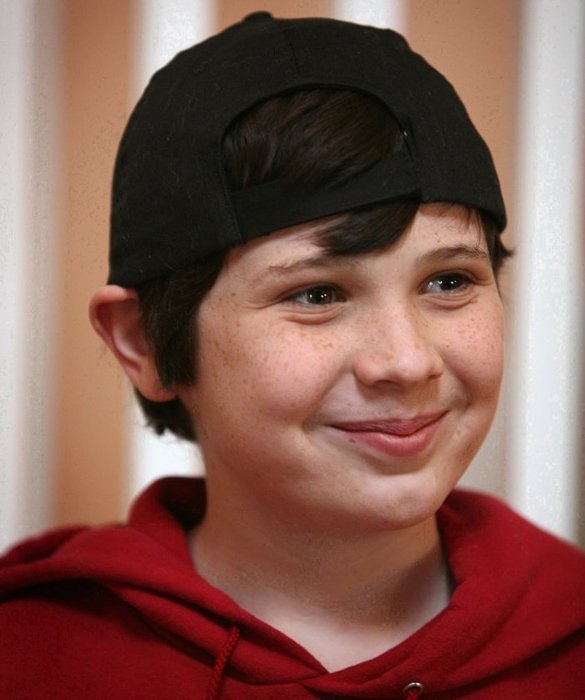 Elkind maintains that this is developmentally appropriate practice for intellectually gifted young children.
Elkind maintains that this is developmentally appropriate practice for intellectually gifted young children.
Garrison, C. G., Burke, A., & Hollingworth, L. S. (1917). The psychology of a prodigious child. Journal of Applied Psychology, 1(2), 101-110.
This is the original case study of Hollingworth’s “Child E,” from Children Above 180 IQ. “Child E” was originally discovered in the university kindergarten, and in this account, his kindergarten teacher and Hollingworth report many more observations of Child E’s early development than appear in Hollingworth’s later book.
Gross, M. U. M. (1999). Small poppies: Highly gifted children in the early years. Roeper Review, 21 (3), 207-214.
This is Gross’s classic article on the development and needs of profoundly gifted children in infancy, toddlerhood, and the preschool years.
Gross, M. U. M. (1992). The early development of three profoundly gifted children of IQ 200. In P. S. Klein & A. J. Tannenbaum (Eds.), To be young and gifted (pp.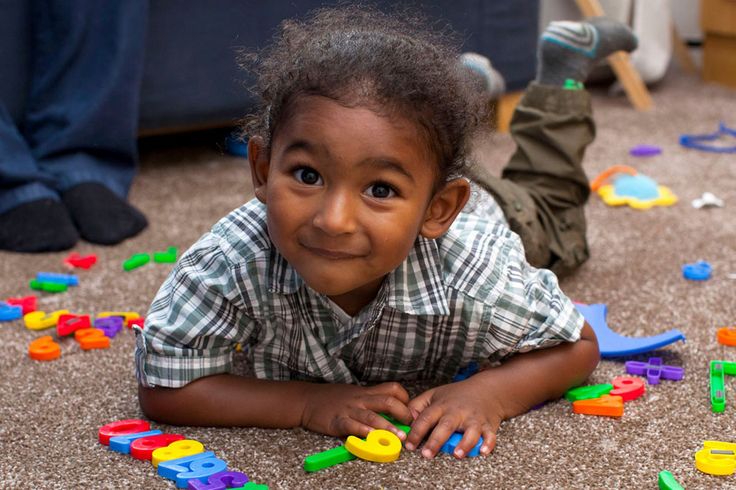 94-138). Norwood, NJ: Ablex Publishing Corporation.
94-138). Norwood, NJ: Ablex Publishing Corporation.
Gross provides in depth case studies of the very early development of three children above 200 IQ
Henderson, S. J. (1993). Early development of language and literacy skills of an extremely precocious reader. Gifted Child Quarterly, 37 (2), 78-83.
This comprehensive case study of a precocious reader provides a fascinating look at early literacy development in the preschool years.
Kearney, K. (1993). The Highly Gifted Baby. Understanding Our Gifted, 5(5), 15.
Examples of extremely advanced development in infants and preschoolers are provided in this short article.
Kearney, K. (1992). Life in the asynchronous family. Understanding Our Gifted, 4(6), 1, 8-12.
The impact of extreme giftedness on family development is the focus of this article. Many examples of advanced intellectual development in infancy and the preschool years are included.
Langenbeck, M. (1915). A study of a five-year-old child. Pedagogical Seminary, 65-88.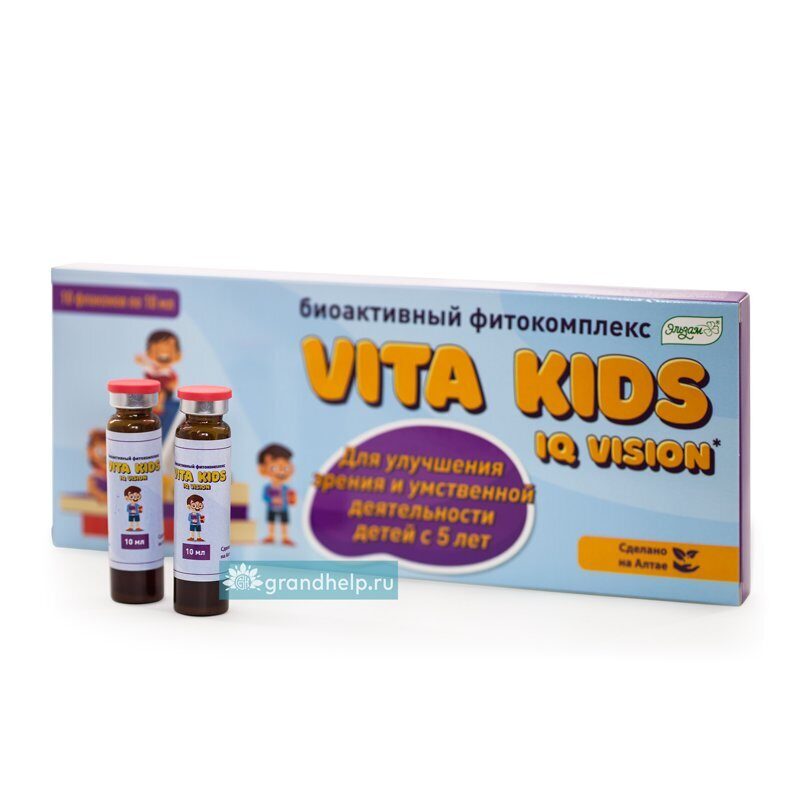
This article is an early study of a very gifted five year old.
Lehndorff, H., & Falkenstein, L. (1955). Christian Heinrich Heinekin: The miracle baby from Lubeck. Archives of Pediatrics, 72, 360-377.
Christian Heinekin was a well-known child prodigy in the 1700s. His astounding feats of memory, foreign language acquisition, and early reading were coupled with ill health, and he died at age four. This article in a medical journal traces his unusually precocious early development and the corresponding medical circumstances that precipitated his death. A fascinating look at the development of an extremely gifted child from another historical era, the article also provides corroborative evidence of patterns of extremely advanced intellectual development which correspond with what is experienced by some profoundly gifted children today.
McGuffog, C. (1987). The Diverse Profile of the Extremely Gifted child. Roeper Review, 10 (2), 82-89.
This article focuses on the differences in development among extremely gifted young children.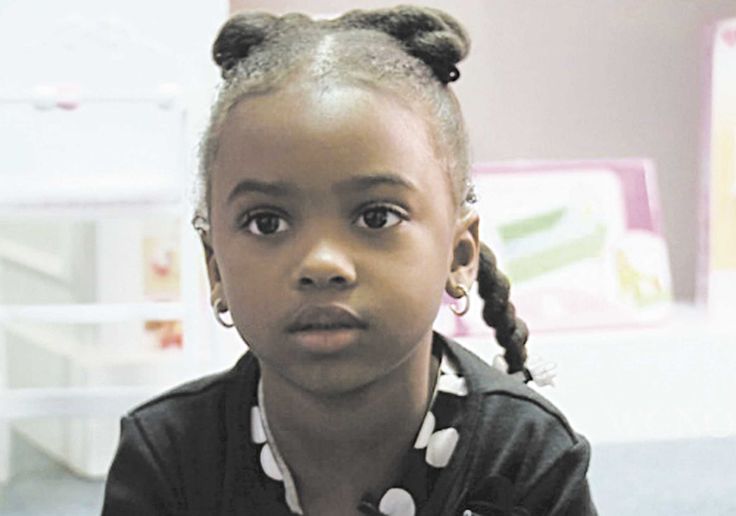
McHardy, R. (1983, Sept/Oct). Planning for preschool gifted education. G/C/T, 24-27.
In the early 1980s, the state of Louisiana mandated that special education services be provided for preschool highly gifted children from the age of three. Louisiana remains the only state in the nation to mandate services for preschool highly and profoundly gifted children. This early article by Louisiana’s state gifted consultant delineates the original planning process conducted by the state when the mandate was first passed.
Morelock, M. J. (2000). A sociolinguistic perspective of exceptionally high IQ in children. In R. C. Friedman & B. Shore (Eds.), Talents Unfolding: Cognition and development. Washington, D.C.: American Psychological Association.
Morelock reviews the case of a profoundly gifted child through the lens of Vygotsky’s theory, and focuses on the developmental issues encountered by early acquisition of language.
Morelock, M. J.; Morrison, K. (1999). Differentiating ‘developmentally appropriate’: The Multidimensional Curriculum Model for young gifted children.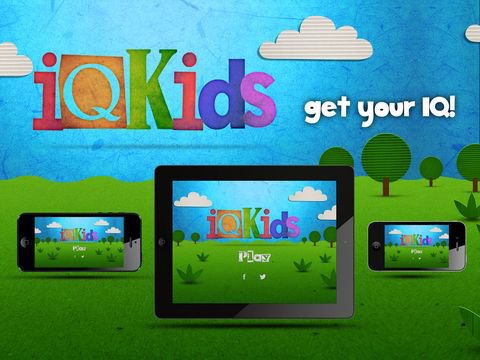 Roeper Review, 21(3), 195-200.
Roeper Review, 21(3), 195-200.
Morelock and Morrison attempt to re-define “developmentally appropriate” curriculum to meet the intellectual and developmental needs of very advanced young preschool children.
Morelock, M. J., & Feldman, D. H. (1992). The assessment of giftedness in preschool children. In E. B. Nuttall, I. Romero, & J. Kalesnik (Eds.), Assessing and screening preschoolers: Psychological and educational dimensions (pp. 301-309). Boston: Allyn & Bacon.
This is the only recent comprehensive book chapter on the assessment of preschool gifted children. It provides a short but comprehensive treatment of the topic.
Morelock, M. J. (1992). Giftedness: The View From Within. Understanding Our Gifted, 4(3), 1, 11-15.
While not technically about gifted young children per se, this article provides an important developmental focus about giftedness, and introduces the Columbus Group definition of giftedness as asynchronous development. Highly recommended.
Robinson, H. B. (1981). The uncommonly bright child. In M. Lewis & L. A. Rosenblum (Eds.), The uncommon child . New York: Plenum Press.
Robinson’s chapter draws upon his experience with the children in the Child Development Preschool at the University of Washington, a preschool for highly gifted children. Many of the case studies of children in the preschool are included in this chapter, with follow-up information concerning their later development.
Robinson, N.M. (1987). The early development of precocity. Gifted Child Quarterly, 31(4), 161-164.
This classic article focuses on the etiology of advanced development in the very early years.
Robinson, N. M., & Weiner, L. J. (1991). Selection of candidates for early admission to kindergarten and first grade. In W. T. Southern & E. D. Jones (Eds.), The academic acceleration of gifted children. New York: Teachers College Press.
This is a comprehensive chapter filled with useful information for parents, teachers, and administrators considering early entrance to kindergarten or first grade for gifted young children.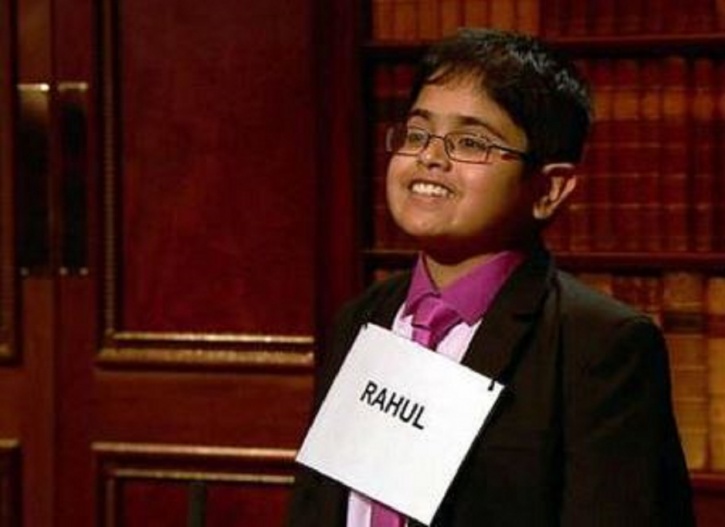 In addition to a review of the research on early entrance and a strong rationale for its use, Robinson and Weiner provide a very practical chart of appropriate tests and measures to use to assess readiness for early entrance from a variety of perspectives – intellectual, academic, social/emotional, physical, and motoric.
In addition to a review of the research on early entrance and a strong rationale for its use, Robinson and Weiner provide a very practical chart of appropriate tests and measures to use to assess readiness for early entrance from a variety of perspectives – intellectual, academic, social/emotional, physical, and motoric.
Tolan, S. S. (1992). Parents vs. theorists: Dealing with the exceptionally gifted. Roeper Review, 15(1), 14-18.
Although this article does not focus entirely on young gifted children, it does deal with parenting and with early gifted developmental issues. Tolan describes how theorists and parents may see the child very differently, and how parents must deal daily with the child they have, not with the theorists’ perspectives.
Tolan, S. (1989). Special problems of young highly gifted children. Understanding Our Gifted, 1(5), 1, 7-10.
Tolan delineates some of the unique problems facing highly gifted children in their earliest years.
Other Online Resources
Hoagies Gifted Education Page
The entire Hoagies site provides a wealth of information on gifted issues. This section of the site focuses specifically on the needs and development of young gifted children; several of the articles focus on very highly gifted preschoolers and young children.
This section of the site focuses specifically on the needs and development of young gifted children; several of the articles focus on very highly gifted preschoolers and young children.
GTOT-L – This e-mail list is for parents of gifted babies and toddlers; many of the parents who post on this list have extremely gifted children. To subscribe to this list, please send an email message which contains “subscribe gtot-l” (without the quotes) in the body of the message (not in the subject line) to [email protected].
Instructional Guides and Materials
Child Development Preschool, University of Washington, Seattle
This 1970s experimental preschool focused on highly, exceptionally, and profoundly gifted children. Although no longer in existence, the reports and materials developed from the project may be useful to those working with preschool highly gifted children today.
ERIC Documents
ERIC documents can be accessed in two ways. Many colleges and universities, especially those with teacher training programs, have the entire ERIC holdings on microfiche, which you can read using a special reader at the library.
Many colleges and universities, especially those with teacher training programs, have the entire ERIC holdings on microfiche, which you can read using a special reader at the library.
Robinson, H. B. & others. (1977). Identification and Nurturance of Extraordinarily Precocious Young Children. Annual Report to the Spencer Foundation (Granting Period: September 1976 through August 1977). ERIC NO: ED151095
Robinson, H. B. & others. (1978). Identification and Nurturance of Extraordinarily Precocious Young Children. Annual Report to the Spencer Foundation (Granting Period: September 1977 through August 1978). ERIC NO: ED162756
Roedell, W. C. & Robinson, H. B. (1977). Programming for Intellectually Advanced Preschool Children; A Program Development Guide. Preliminary Draft. ERIC NO: ED151094
Preschool Gifted Education Services in Louisiana
Preschool Gifted Education Services in Louisiana: The state of Louisiana is the only state that mandates special education for highly and profoundly gifted preschool children.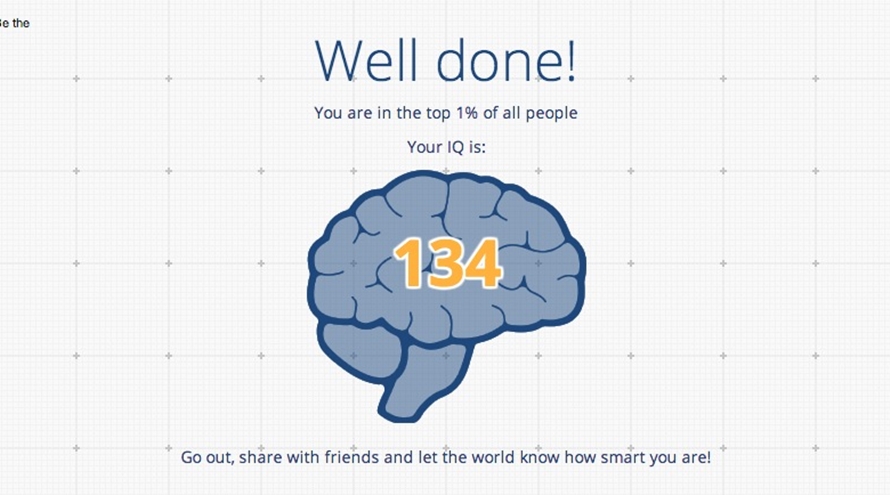 Louisiana sponsors five public preschool programs in urban areas specifically for these students; if preschool children are identified as highly gifted in other areas of Louisiana, individual educational programs are developed. Children must score three standard deviations above the mean on an individual IQ test (approximately IQ 145) to qualify.
Louisiana sponsors five public preschool programs in urban areas specifically for these students; if preschool children are identified as highly gifted in other areas of Louisiana, individual educational programs are developed. Children must score three standard deviations above the mean on an individual IQ test (approximately IQ 145) to qualify.
Audio and Videotapes
Tolan, S. S. (1999). Small Children, Big Questions – Hungry Spirits. Presentation at the May, 1999 conference of the Hollingworth Center for Highly Gifted Children, Manchester, NH. To request an order form by mail, call toll-free: 1-800-353-1830)
Back to Questions
Permission Statement12 signs of a gifted child
If you’ve ever suspected your child is gifted, you might also be wondering how that term is defined. Technically, the primary definition of a gifted child is one whose intelligence puts them in the top 2% of the population, says Kahina Louis, a licensed psychologist and CEO of Strengths and Solutions, an organization that conducts gifted testing in Miramar, Florida.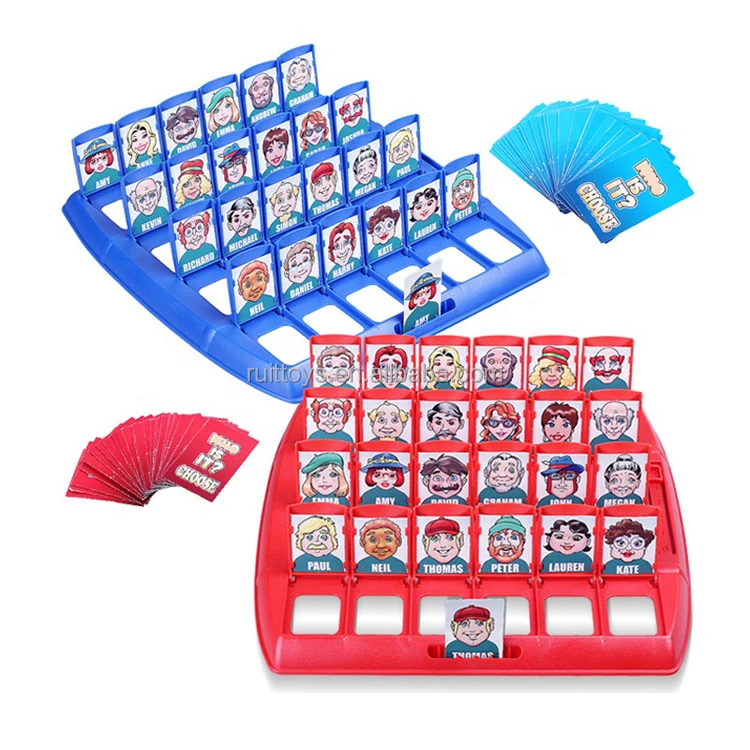 But a high IQ score isn’t the only way to tell a child is gifted. The term can also be applied to kids who have high performance in the areas of learning, motivation, leadership, creativity or adaptability.
But a high IQ score isn’t the only way to tell a child is gifted. The term can also be applied to kids who have high performance in the areas of learning, motivation, leadership, creativity or adaptability.
“To be gifted, a child does not need to absolutely excel in each of these areas,” Louis says. “But there should be marked differences in at least some of these qualities in comparison to others their age.”
Those differences can show up in a variety of ways — gifted kids are still just kids, after all, with unique personalities and interests — but there are a few traits and characteristics they tend to have in common.
1. Quick learning
According to Louis, a telltale sign that a child is exceptionally bright for their age is how quickly they learn. She says gifted children tend to pick up new things sooner than their peers.
Take, for example, Susan Stitt’s three gifted daughters. Stitt — the marketing director for Front Edge Publishing and owner of Morgan Street Media Services in Senoia, Georgia — says her girls learned words faster than any of their friends. “I used to keep a list on the fridge of their words,” Stitt says. “Eventually, I could not keep up.”
“I used to keep a list on the fridge of their words,” Stitt says. “Eventually, I could not keep up.”
2. Big vocabulary
Stitts’ daughters’ rapidly growing vocabulary is fairly characteristic for gifted children, Louis says. Becky Beach, a parenting blogger in Arlington, Texas, says she knew her son, Bryan, was unusually bright when he started talking in full sentences before his 1st birthday.
Beach remembers a moment when he was 11 months old and he asked her — using a complete sentence — why his name was Bryan. When she responded that she had simply liked the name, he then asked if he could change it. “I was taken aback,” Beach says. “I couldn’t believe I was having this conversation with my 11-month-old child.”
3. Lots of curiosity
Beach’s son’s desire to ask a lot of questions is pretty commonplace among gifted children, Louis says. As the wheels turn in their brains, remarkably smart kids tend to wonder a lot about why things are the way that they are.
4. Eagerness to learn
That abundance of curiosity is perhaps why particularly bright kids also tend to be highly motivated to understand more about the world around them, Louis says.
Just ask Stitt, who says her now-grown daughters showed a strong interest in school — one completed her undergraduate degree in just three years while the other two went on to complete graduate-level degrees — and she thinks it’s because they’re gifted. “They love to learn,” she says. “They absorb everything.”
5. Early reading
Many children learn to read in early elementary school, building up their pre-literacy skills (like letter recognition and recognizing sound patterns) during their early childhood years. But because gifted children tend to learn quickly, they are also typically able to pick up those building blocks and launch into reading much faster than their peers, Louis says.
Beach’s son, for example, was reading full chapter books like “Harry Potter” at just 3 years old, and Stitts’ daughters were all reading before kindergarten.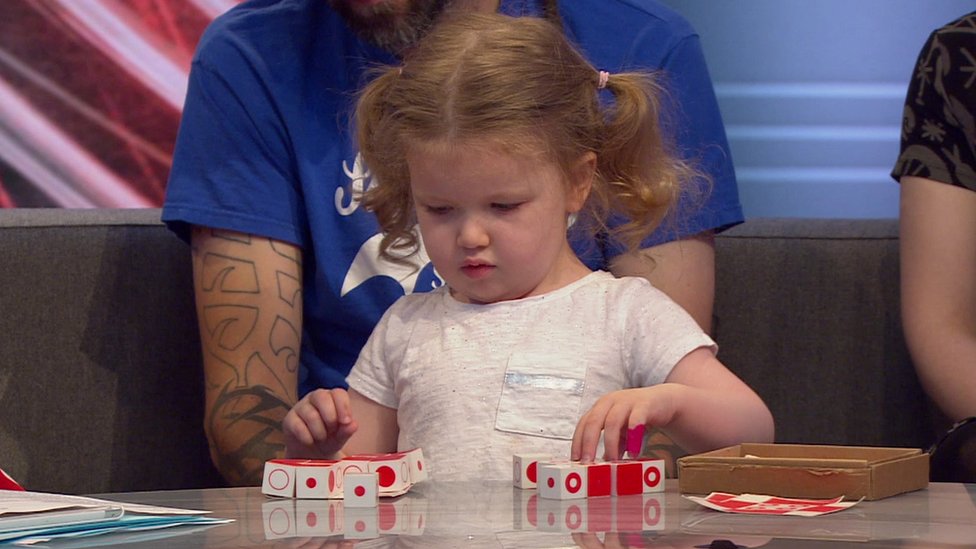
6. Talent for puzzles or patterns
Some exceptionally bright children are also able to work through puzzles or recognize patterns more quickly than their peers.
Alexandra Fung, CEO of Upparent and a Chicago mom of three gifted children, says she was struck by her second child’s aptitude for numbers. “By the time he was 3 or 4, he could read the time on analog clocks, do arithmetic, recite multiples,” Fung says.
He’d even created his own numerical sign language.
7. Exceptional creativity
Louis says another trait common in gifted children is creative skills you wouldn’t expect for a child that age. Tobi Kosanke, a mom in Hempstead, Texas, says she remembers one day when her then-3-year-old daughter was using sidewalk chalk outside with her nanny. Kosanke was working when the nanny rushed in and urged her to go see a drawing.
“I went out, and there was a beautiful drawing of a girl’s face,” Kosanke says.
The features were perfectly placed, and everything was symmetrical. Kosanke says she complimented the nanny on the picture, thinking she’d drawn it herself. “The nanny said, ‘No! Jemma drew that!’,” Kosanke says.
Kosanke says she complimented the nanny on the picture, thinking she’d drawn it herself. “The nanny said, ‘No! Jemma drew that!’,” Kosanke says.
Neither knew a child so young could create such a thing.
Unusually high creativity doesn’t just apply to art. Many gifted children also tend to have vivid imaginations creating their own stories or identifying strongly with characters in books or movies, Louis says.
8. Advanced reasoning skills
Huff says her daughter’s remarkable ability to rationalize and argue, even at a very young age, set her apart from her peers.
“It’s never whiny-arguing,” Huff says. “She fully explains her position, citing all of the reasons for it and counters any counter-arguments you offer while explaining the logistics behind her reasoning.”
Even now that her daughter is in ninth grade, Huff says her ability to think things through is stunning. “She’ll view everything from every possible angle and consider it all,” she says.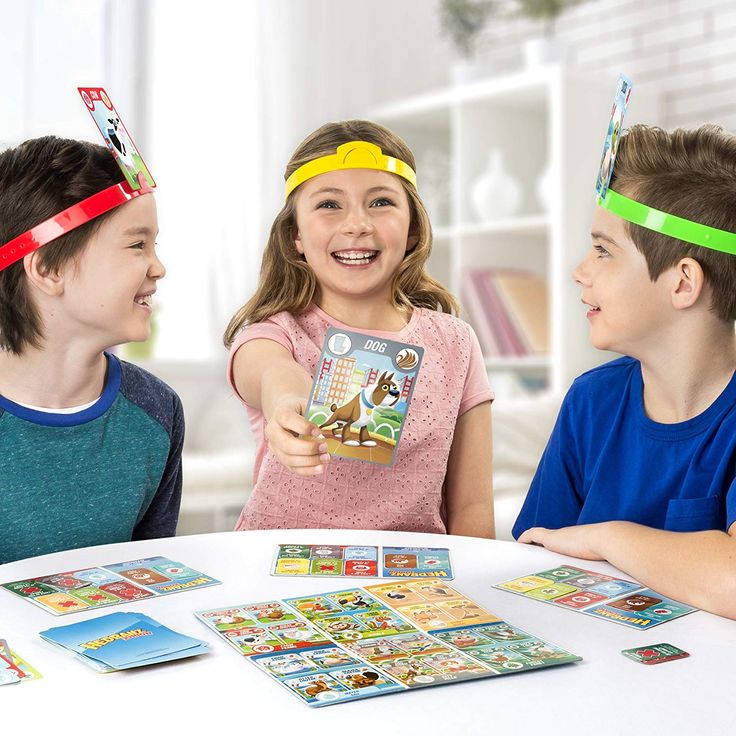
Because advanced reasoning skills are a sign of high intelligence, Louis says they can also be signs a child is gifted.
9. High energy
With so much going on in their brains, gifted kids can sometimes be described as “intense,” Louis says. Their energy levels tend to be high, and they might get more excited than their peers about new or favorite topics or activities — and that can give the impression that they’re dialed up to 11. Their brains love to be engaged. As a result, if gifted children are bored or don’t have a productive way to channel all that energy, they may act out.
10. Ability to focus for very long periods
When gifted kids are able to channel their energy, they can focus for very long periods of time, even at a young age, Louis says. A normally wiggly toddler, for example, could spend more than 30 minutes building an elaborate tower while their peers might only spend a few minutes before moving onto a different activity.
11. Unusually high sensitivity or empathy
The same intensity and focus that many gifted kids have for math or reading can also be found in their emotions.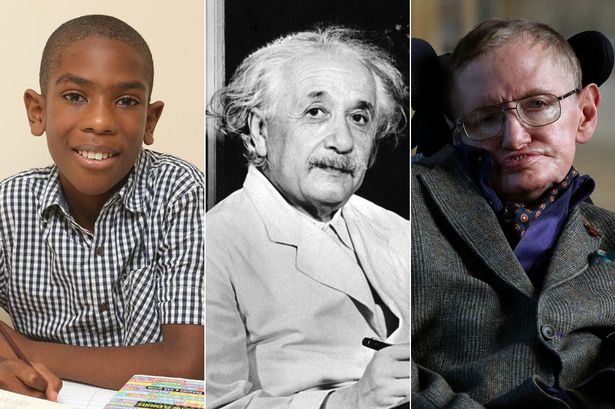 Exceptionally bright children also tend to be unusually sensitive and empathetic, Louis says. And that sensitivity can be compounded by high standards they often set for themselves. According to Louis, many gifted children are perfectionists. When they get something wrong, it might be a bigger blow to them than it would be to other kids.
Exceptionally bright children also tend to be unusually sensitive and empathetic, Louis says. And that sensitivity can be compounded by high standards they often set for themselves. According to Louis, many gifted children are perfectionists. When they get something wrong, it might be a bigger blow to them than it would be to other kids.
When Stitt’s daughter Emma was 6 years old, Stitt bought her Boggle Jr., a board game in which you have a limited amount of time to spell words with little blocks. The game came with a loud timer, and when it sounded, Emma cried and begged her parents to turn it off.
“She was afraid she wouldn’t spell enough words correctly,” Stitt says.
They switched to practicing words on a whiteboard so that mistakes could be made without a lot of tears.
12. Recognition by others
Parents are rarely the only ones who notice their children might be gifted.
“When a child is gifted, there tend to be multiple people in their lives — such as family members, doctors and teachers — who pick up on these traits,” Louis says.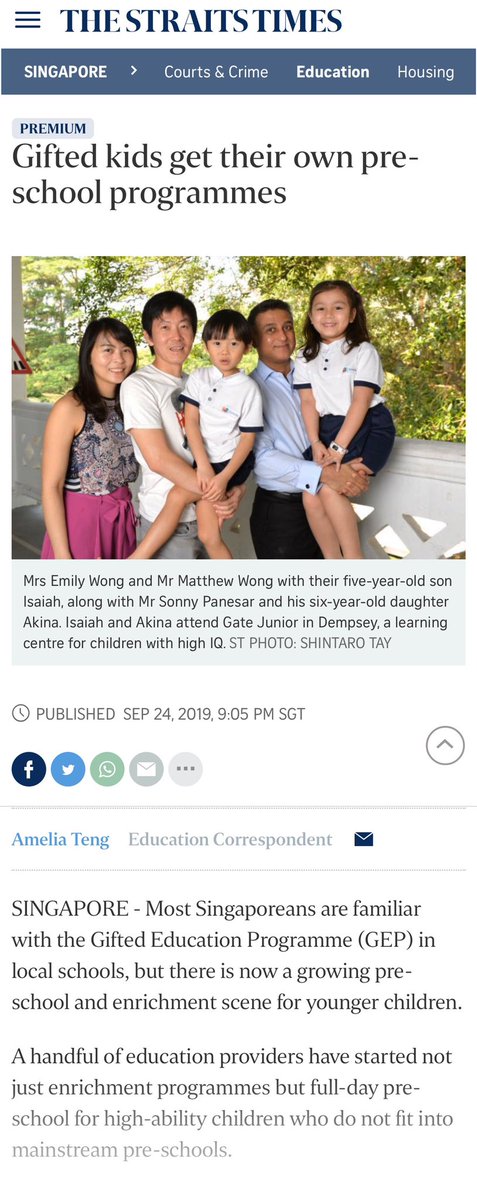
This is especially true for traits that don’t show up on an IQ test, like exceptional leadership skills or adaptability. When Stitt’s oldest daughter was in kindergarten, the teacher pulled Stitt aside and whispered in her ear that her daughter belonged in a gifted program. Huff’s daughter was in second grade when the teacher recommended “gifted testing.”
Gifted testing
If you want to know if your child is gifted, have them tested, Louis says. The most official way to do that is through formal IQ testing once a child is in school, though some educational institutions might have their own policies for what specific assessments should be used in order to enroll in gifted classes. Parents who have questions about what tests are needed to qualify for a particular program should talk to the school’s administrators.
For very young children (under 6 years old), IQ tests aren’t quite as accurate as they are in school-aged kids. So even though kids can be tested as young as 2, they aren’t typically recommended to do so until ages 6 to 10 years, Louis says. However, there are other tools parents can use to gauge whether a young child is gifted, such as teacher assessments at their preschool or child care center or free apps like GiantLeap, which uses a combination of parent/teacher surveys and a game-like app to assess children as young as 4 years old in areas like math, spatial reasoning, motor skills, language or memory.
However, there are other tools parents can use to gauge whether a young child is gifted, such as teacher assessments at their preschool or child care center or free apps like GiantLeap, which uses a combination of parent/teacher surveys and a game-like app to assess children as young as 4 years old in areas like math, spatial reasoning, motor skills, language or memory.
The GiantLeap app was tested at the Texas Medical Center, and founder and CEO, Ori Hofnung, says results closely matched those from formal IQ testing but can be done in the child’s natural environment at times that are convenient for the family. As of now, the app shouldn’t be considered a replacement for formal IQ testing, but Hofnung says the results (along with personalized activities in the app) can help parents better understand what they can do to foster their kids’ strengths, as well as better support them in areas where they might need extra help.
Read more: How my son’s gifted and talented test helped me face and heal an old shame
What parents should ultimately know about gifted traits
While the above traits tend to be common in gifted children, it’s not necessary for a child to check all these boxes to be truly exceptional. For example, not all gifted kids are early readers, and some might be better described as “quiet” than “intense.” And all kids — “gifted” or not — have their own special skills and struggles.
For example, not all gifted kids are early readers, and some might be better described as “quiet” than “intense.” And all kids — “gifted” or not — have their own special skills and struggles.
As Louis points out, “With the right reinforcement and support, your child can still reach high heights, with or without a formal classification.”
Society of people with high intelligence named 16 early signs of gifted children
© Collage by Kristina Savelieva
The largest and oldest high IQ society, Mensa, is constantly on the lookout for gifted children.
The minimum IQ score to enter Mensa is 132 on the Stanford-Binet test and 148 on the Cattell test. But not every parent decides to test a small child. The organization itself claims that its IQ tests are suitable for children over ten and a half years old, but there is also a two-year-old with an IQ of 146 among the Mensa participants.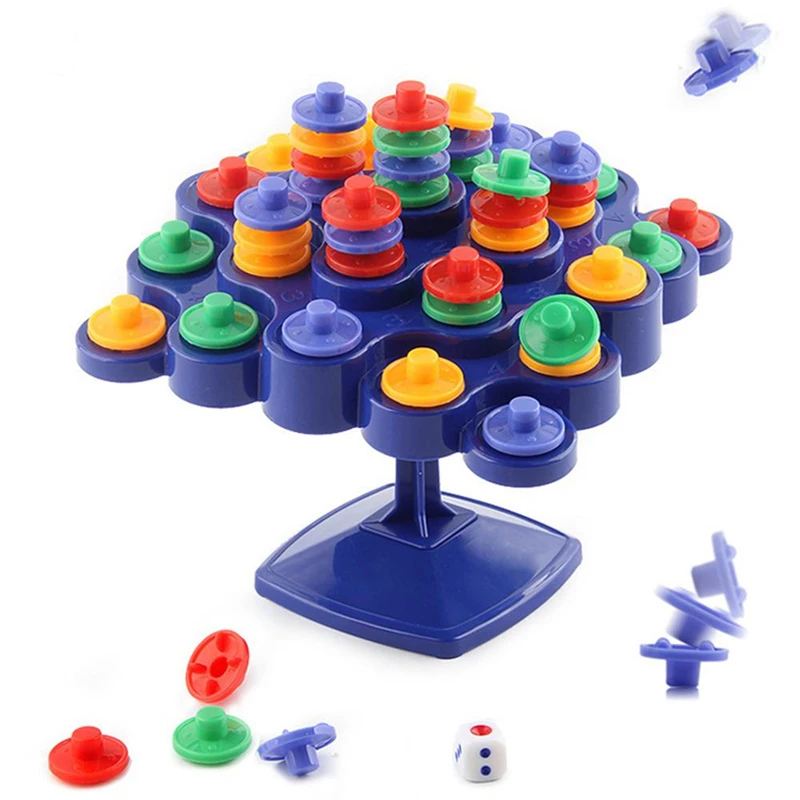 0005
0005
The organization decided to list 16 signs that you have a potential child prodigy. So it will be easier for parents to understand that they have not just a smart and inquisitive baby, but a future genius. Here are the signs.
Excellent memory
Child easily memorizes country names, numbers, addresses, details and other information, easily masters arithmetic and foreign languages.
Early development
The child learned to speak, play board games, and so on faster than most peers.
Reading
The child learned to read earlier than most children of his age.
Unusual hobbies and interests, deep knowledge in some area
Sometimes children show a strong interest in something, for example, dinosaurs, this is a common phenomenon.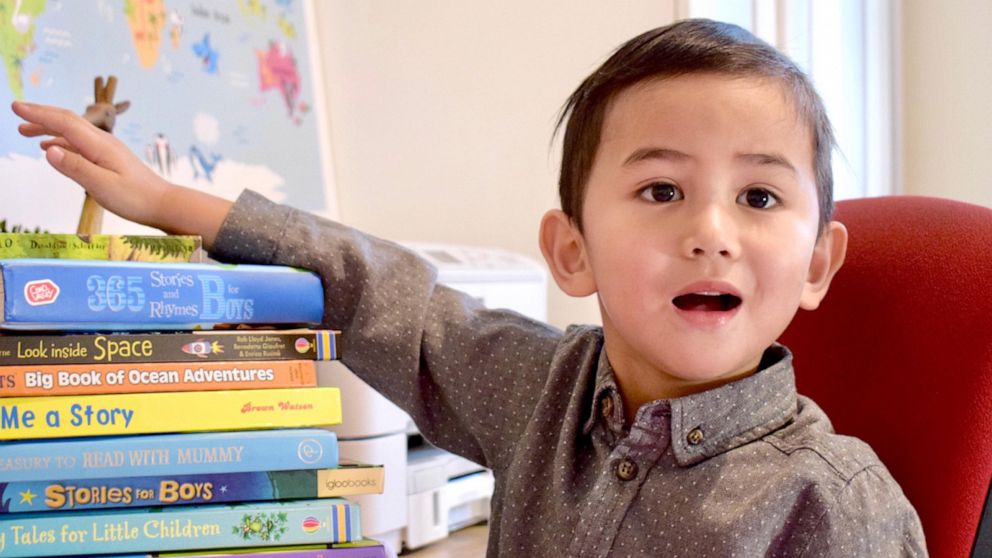 But if your kid, for example, is not just interested in cinema, but is able to distinguish comedy from science fiction, then this is a sign of high intelligence. If a child goes deep into the study of a topic, this means that he is eager to set new tasks for his intellect.
But if your kid, for example, is not just interested in cinema, but is able to distinguish comedy from science fiction, then this is a sign of high intelligence. If a child goes deep into the study of a topic, this means that he is eager to set new tasks for his intellect.
Problems communicating with other children
Gifted children sometimes find it difficult to communicate with their peers. They don't understand why other kids don't know the same things they do. Mensah believes that children with high intelligence are more sensitive than others. They get upset if they are not noticed or teased, and sometimes prefer to avoid communication altogether.
Worldwide awareness
Does your child follow politics, read newspapers, or know what BLM is? This is another sign that he wants to set new tasks for his intellect.
Perfectionism
Gifted children tend to be acutely aware of failure, as most of them are perfectionists. They know they are smarter than their peers and take pride in their skills or talents. Sometimes they set the bar too high for themselves and become very upset if they do not achieve their goals.
They know they are smarter than their peers and take pride in their skills or talents. Sometimes they set the bar too high for themselves and become very upset if they do not achieve their goals.
Likes to chat
Child talks all day and you don't know where to go? Great sign! You have an inquisitive toddler who wants to engage in interesting conversations, gain new knowledge, and hone his wit and communication skills.
Good grades
This is obvious - if your child gets above average marks for his knowledge, then he has great potential.
Likes to spend time with adults or alone
Who is most likely to learn something new and exciting from? Of course, adults! This is why little geniuses usually prefer their company over children. And it is also interesting for such kids to spend time alone, doing some crafts, reading books, collecting puzzles.
Constantly asking questions
“How does the phone work?” "Why is the cat red?" "Who coined the word 'redhead'?" If a child drives you crazy with his questions, then all that remains is to be patient and ... rejoice!
Sense of humor
Is the child great at joking or understands humor that you think is too complex for his age? It means that he has already understood a lot in this life!
Love for music
We are not talking about little Mozarts, although they are also about them. If your child can easily learn to play any musical instrument, then it will most likely be easy for him to learn something else.
Likes to be in control
These children usually like to be in complete control, to prove to themselves that they can get things done, do things a certain way and no other way.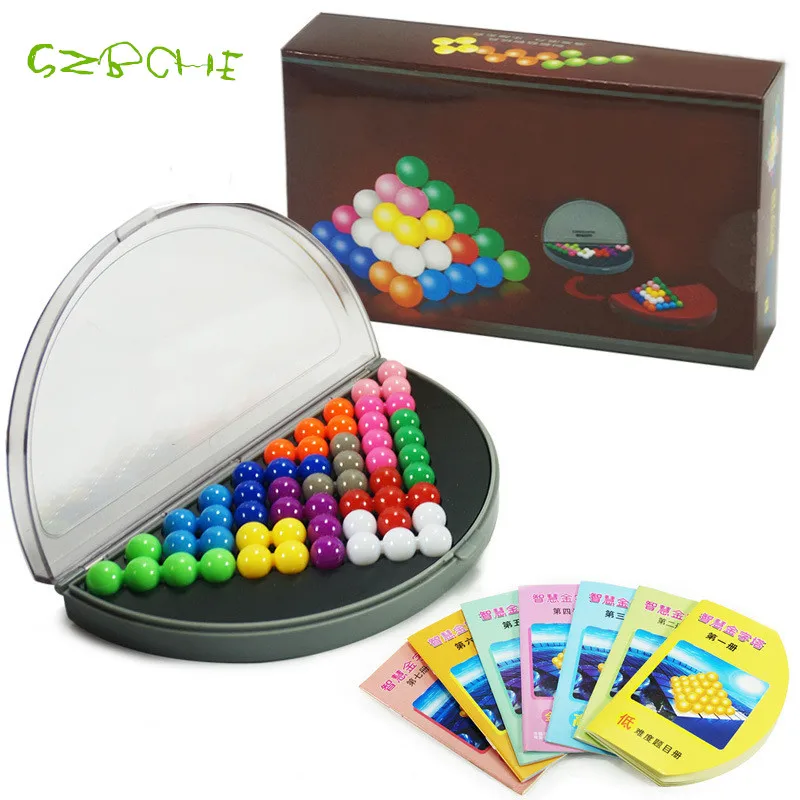
Makes up rules
Gifted children often come up with additional rules for games. This happens if the game seems to them not difficult enough.
Severely introverted or extraverted
According to Mensa, another sure sign of genius is if your child is hypersociable or, on the contrary, does not need anyone's company and has a wonderful time by himself.
If you find that your child fits many of these traits, then they are likely to score high on an IQ test. Just do not forget that genius is different and no one has measured it yet, and IQ tests and the very concept of intelligence quotient have been repeatedly criticized.
Subscribe
to our Telegram
My child is a genius! The truth about IQ tests
Child development
My child is a genius! The truth about IQ tests
July 5, 2021 3 444 views
Elena Isupova
Many parents consider their children gifted.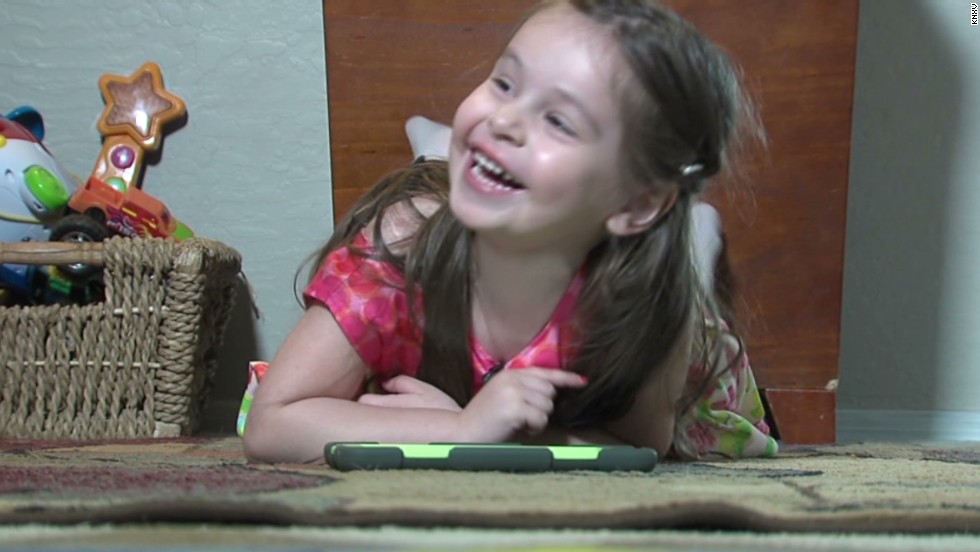 It seems that to be convinced of this, it is enough to take an IQ test. Let's find out if intelligence scores are so important and whether they guarantee success in the future. To do this, take a look at the book "Checklist of Genius".
It seems that to be convinced of this, it is enough to take an IQ test. Let's find out if intelligence scores are so important and whether they guarantee success in the future. To do this, take a look at the book "Checklist of Genius".
Thousand Gifted
The Genius Checklist
IQ tests are relatively new. This instrument is a little over a century old. One of the first to use it was Stanford professor Lewis Terman. In 1916, he tested younger students and chose those who showed results close to the highest values of the scale.
The group of incredibly smart boys and girls included 1528 schoolchildren at the age of about eleven. To say that they were capable is to say nothing. Their average IQ was 151, while the seventy-seven had IQs ranging from 177 to 200. They were observed in the process of growing up. Up until middle age, study participants were constantly taking additional tests.
Source
And now for the bad news: not a single person in the group became what is commonly considered a genius. Incredible intellectual abilities were transformed into trivial careers of teachers, doctors, lawyers, engineers. Two became emeritus professors at Stanford University and continued research in which they were themselves participants. Many have not achieved significant intellectual success at all.
Incredible intellectual abilities were transformed into trivial careers of teachers, doctors, lawyers, engineers. Two became emeritus professors at Stanford University and continued research in which they were themselves participants. Many have not achieved significant intellectual success at all.
Less than 140 points
At the same time, of the many children who did not fall into the Terman group, at least two achieved recognition. Here are their stories.
Luis Walter Alvarez passed the Terman test at the age of ten, but fell short of the threshold of 140 points. This did not prevent him from getting his doctorate at the University of Chicago at twenty-five. And work on a hydrogen bubble chamber for studying elementary particles brought him the Nobel Prize in Physics in 1968. None of the "termites" received a Nobel in physics or in any other disciplines. As if seeking to further confuse everyone with his intellectual superiority, Louis took part in several military projects, including Manhattan (the creation of the first Fat Man plutonium bomb).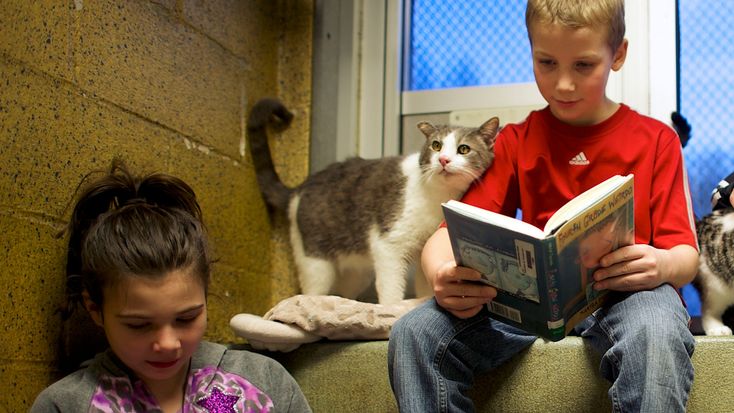
William Shockley, the second termite candidate rejected by Terman, received degrees from two prestigious technical schools: a bachelor's degree from California and a doctorate
from the Massachusetts Institute of Technology. And in 1956 he shared the Nobel Prize in Physics with two colleagues.
High achievers may have below average IQs, and high IQs can sometimes fail to achieve anything.
Source
Pros: High IQ is essential for success
If Terman wanted to find out if high IQ kids would become geniuses, why not go the other way? Take generally recognized geniuses and, based on the facts of their biographies, evaluate what IQ they could have in childhood. So did Katherine Cox.
The researcher compiled a list of 192 creators and 109 historical leaders. It included Isaac Newton, Jean-Jacques Rousseau, Miguel de Cervantes, Ludwig van Beethoven and Michelangelo, as well as Napoleon Bonaparte, Horatio Nelson, Abraham Lincoln and Martin Luther - in general, those who later received an extensive biographical article on Wikipedia. Cox combined life events and indicators of intellectual growth from different biographical sources and derived independent IQ indicators based on them. Undoubtedly, the group of "301 geniuses" surpassed the group of one and a half thousand "termites". And Katherine's conclusions after publication at 1926 have been confirmed many times. That is why achievement and success have become strongly associated with high IQs.
Cox combined life events and indicators of intellectual growth from different biographical sources and derived independent IQ indicators based on them. Undoubtedly, the group of "301 geniuses" surpassed the group of one and a half thousand "termites". And Katherine's conclusions after publication at 1926 have been confirmed many times. That is why achievement and success have become strongly associated with high IQs.
Against: high IQ does not guarantee success
The thesis of the first half of the material seems to be confirmed: a high level of IQ increases the chances of achieving outstanding success. But there are four issues that cast doubt on this claim.
No. 1. The ratio of "intelligence - high results." In fact, the relationship between IQ score and outstanding achievement is not so strong. Most statisticians would define it as "moderate". Simply put, exceptions are possible on both sides.
№ 2. Creativity. The dependence of achievements on the level of IQ is largely determined by the field of activity.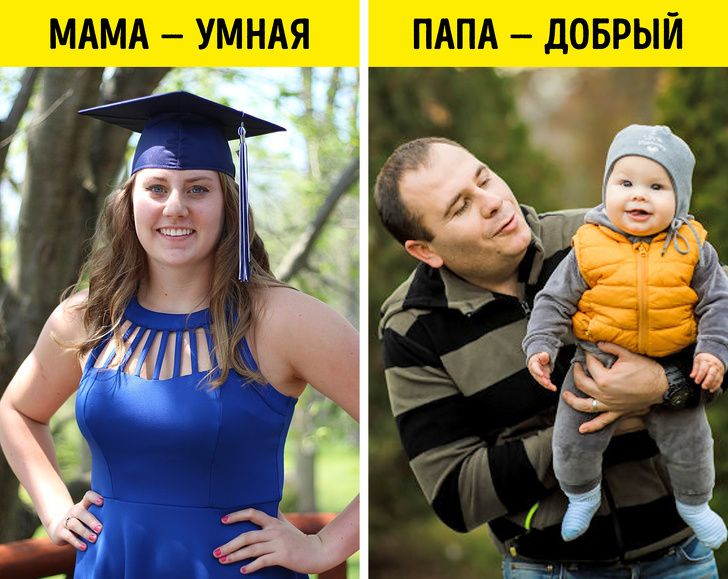 In some areas, the intellectual level is given much less attention. For example, the IQ of famous leaders is on average lower than that of famous creators. Generals on Cox's list tend to have 20 IQ points lower than the rest. The famous Napoleon with his 145 points among Terman's wards would lag somewhere in the end.
In some areas, the intellectual level is given much less attention. For example, the IQ of famous leaders is on average lower than that of famous creators. Generals on Cox's list tend to have 20 IQ points lower than the rest. The famous Napoleon with his 145 points among Terman's wards would lag somewhere in the end.
No. 3. Character and perseverance. Since the correlation between IQ and achievement is extremely weak, even if it can be traced, other psychological factors that have nothing to do with mental ability cannot be discounted. Here is what Cox herself wrote about this: “High, but not the highest intelligence, combined with the greatest perseverance, more often leads to outstanding achievements than the highest intelligence, combined with less perseverance.”
Source
No. 4. Deceptive estimate. Cox's assessments were often based on skills that were limited to highly specialized areas. Therefore, the test results of different people can be compared with the same success as apples with oranges or onions with celery.